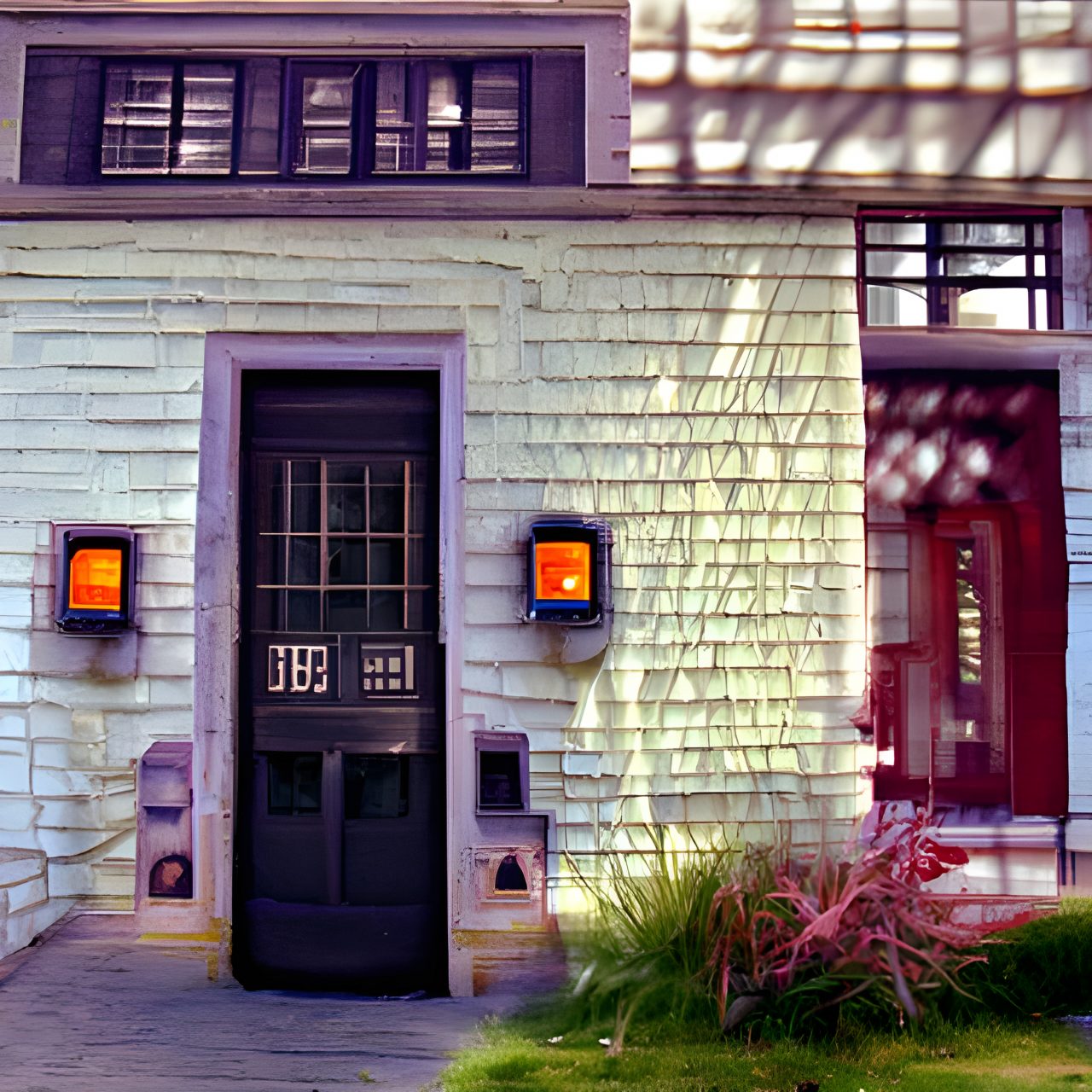For most of the privileged individuals and communities, the declaration of pandemics meant we suddenly spent much more time at home than ever before, especially with activities that were previously associated with other places and spaces, both in and outdoors.
Obligatory home office pushed the carefully crafted managerial systems and advice on work-life balance directly to the merging of work with life, intruding the private space with new tools of productivity tracking and performance surveillance of the pandemic screen worker.
Social distancing canceled live gatherings of leisure, diverse spiritual and entertainment needs and physical training. As a result, subscriptions to online streaming services soared. Basic needs such as grocery shopping etc. had been outsourced to automated systems and precarised delivery service persons on a massive scale.
All in all, we considered home to be a safe place from the plague: we have our health status under control, we have the movement of the invisible, nano and micro intruders under control.
At the same time, we’ve had different silent companions with us which seem to have been our choice, which made our households more convenient, more comfortable, saved us time and money, we were more effective and it made us feel more ‘homey.’
The constant creation of new needs and evolution of services and products to the old needs brought use of apps, computers, smartphones, consumer technology and electromechanical domestic appliances.
The harvesting of user data, its analysis and interpretation is obviously not a new development, it had just been accelerated by the pandemic involuntary quarantines and lockdowns. It also brings us a possibility to reflect on it and take action: if we consider the amount of data it collects and the respective vulnerability of the consumer technology equipment, is their presence still so comforting?
